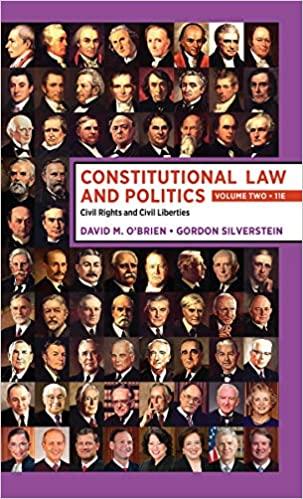Question
Section 6. The national language of the Philippines is Filipino. As it evolves, it shall be further developed and enriched on the basis of existing
Section 6. The national language of the Philippines is Filipino. As it evolves, it shall be further developed and enriched on the basis of existing Philippine and other languages.
Subject to provisions of law and as the Congress may deem appropriate, the Government shall take steps to initiate and sustain the use of Filipino as a medium of official communication and as language of instruction in the educational system.
Section 7. For purposes of communication and instruction, the official languages of the Philippines are Filipino and, until otherwise provided by law, English.
The regional languages are the auxiliary official languages in the regions and shall serve as auxiliary media of instruction therein.
Spanish and Arabic shall be promoted on a voluntary and optional basis.
Section 8. This Constitution shall be promulgated in Filipino and English and shall be translated into major regional languages, Arabic, and Spanish.
Section 9. The Congress shall establish a national language commission composed of representatives of various regions and disciplines which shall undertake, coordinate, and promote researches for the development, propagation, and preservation of Filipino and other languages.
Section 14. The State shall foster the preservation, enrichment, and
dynamic evolution of a Filipino national culture based on the principle of
unity in diversity in a climate of free artistic and intellectual expression.
Section 15. Arts and letters shall enjoy the patronage of the State.
The State shall conserve, promote, and popularize the nation's historical
and cultural heritage and resources, as well as artistic creations.
Section 16. All the country's artistic and historic wealth constitutes
the cultural treasure of the nation and shall be under the protection of the
State which may regulate its disposition.
Section17. TheState shallrecognize,respect, and protectthe rights of
indigenous cultural communities to preserve and develop their cultures,
traditions, and institutions. It shall consider these rights in the formulation of
national plans and policies.
Section 18. (1) The State shall ensure equal access to cultural
opportunities through the educational system, public or private cultural
entities, scholarships, grants and other incentives, and community cultural
centers, and other public venues.
Does this constitution justify the needs of its implementation? Explain it briefly
Step by Step Solution
There are 3 Steps involved in it
Step: 1

Get Instant Access to Expert-Tailored Solutions
See step-by-step solutions with expert insights and AI powered tools for academic success
Step: 2

Step: 3

Ace Your Homework with AI
Get the answers you need in no time with our AI-driven, step-by-step assistance
Get Started


